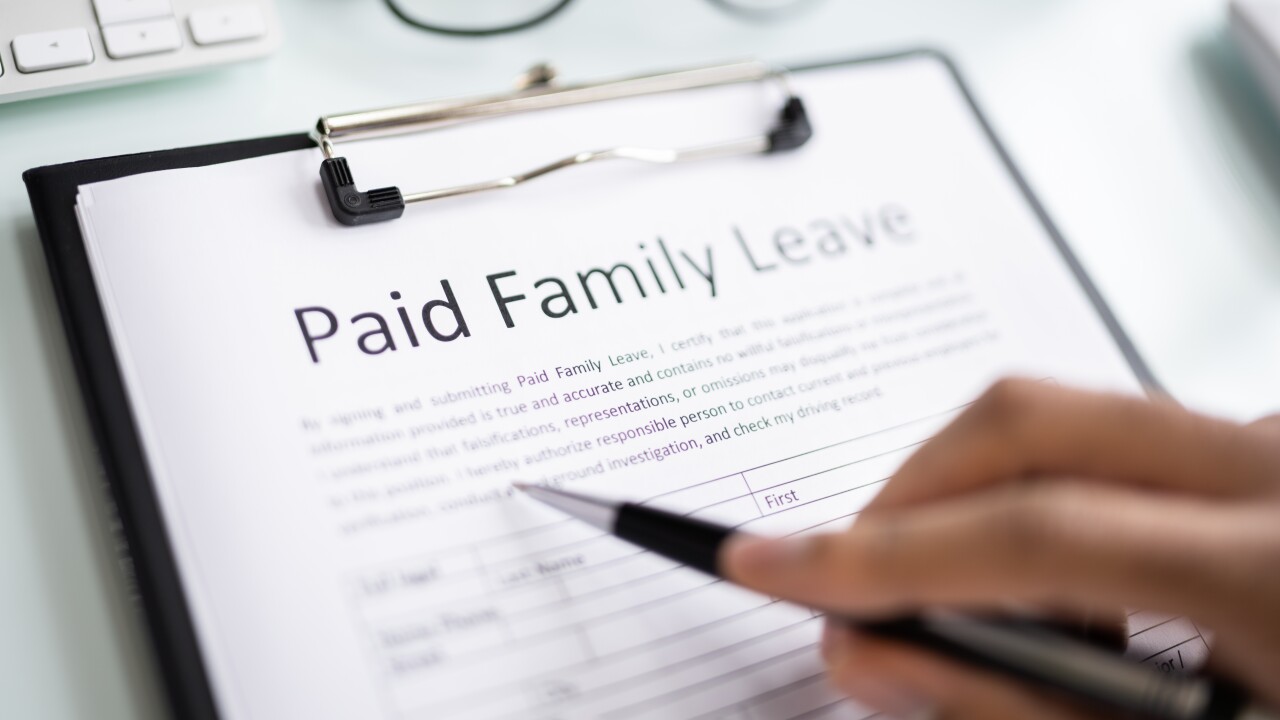The federal government will begin enforcing protections for LGBTQ Americans in healthcare again, reversing a ban put in place by the Trump administration, the Health and Human Services Department announced.
The decision to do so was made in light of the Supreme Court’s finding in Bostock v. Clayton County, which held that LGBTQ people are protected from discrimination under Title VII of the Civil Rights Act of 1964.
“The Supreme Court has made clear that people have a right not to be discriminated against on the basis of sex and receive equal treatment under the law, no matter their gender identity or sexual orientation,” Health and Human Services Secretary Xavier Becerra said in a statement. “Fear of discrimination can lead individuals to forgo care, which can have serious negative health consequences. It is the position of the Department of Health and Human Services that everyone — including LGBTQ people — should be able to access healthcare, free from discrimination or interference, period.”
Read More:
Section 1557 of the Affordable Care Act prohibits discrimination on the basis of race, color, national origin, sex, age, or disability by entities that primarily provide healthcare and receive federal funding. This notice says that the Biden administration will enforce it as the law was initially intended.
This notice doesn’t address all aspects of the Trump-era rule, including which entities are covered under the rule, protections for those with limited English proficiency and others, said Omar Gonzalez-Pagan, an attorney with Lambda Legal, an LGBTQ legal and advocacy organization.
“It’s important to emphasize everybody needs access to healthcare,” especially during Covid-19, HHS Assistant Secretary for Health Rachel Levine said. “But people also have broken bones and they have heart disease and they need checkups and no one should be discriminated against when seeking medical services.”
Read More:
LGBTQ Americans have been “so challenged by the previous interpretation from the previous administration, and this is a breath of fresh air,” Levine, the highest ranking openly transgender person in the Biden administration, said.
Employer Insurance Question
About 156 million people get their insurance through their employers. Most employers rely on health insurance companies to process their claims and administer their plans as a third-party administrator, said Matthew Cortland, a disability rights attorney policy director at the healthcare advocacy organization Be a Hero Fund.
However, the question of how it applies to insurers has been a conflict over the past five years. The Obama administration issued a rule in 2016 that said those protections applied to employer-sponsored plans that relied on insurance companies receiving federal funds as a third-party administrator, Keith said.
Read More:
The 2016 rule was “clearly intended” to reach the third-party administrators of the employer-sponsored plans, Cortland said. However, the employer-sponsored plan insurance industry made clear it didn’t want the nondiscrimination law to apply to third-party administrators and the 2020 Trump-era rule reversed that.
The Trump-era regulation allowed healthcare workers, hospitals and insurance companies that receive federal funding to refuse to provide or cover any care for LGBTQ Americans.
Read More:
The 2020 rule says health insurers aren’t bound by the ACA’s nondiscrimination provisions because they don’t provide healthcare, Wayne Turner, a senior attorney at the National Health Law Program, said.
The two previous regulations are still tied up in lawsuits and this notice is likely to follow the same fate. Keith said there will likely be more litigation surrounding Section 1557 until the Supreme Court rules definitively on it or Title IX.
“Equitable access to healthcare is a human right and it is a gargantuan task, not just for us, but for the current administration to reverse the discriminatory course of the last administration,” Gonzalez-Pagan said. This is “one significant step, but not the end of the road.”
—With assistance from Mary Anne Pazanowski






